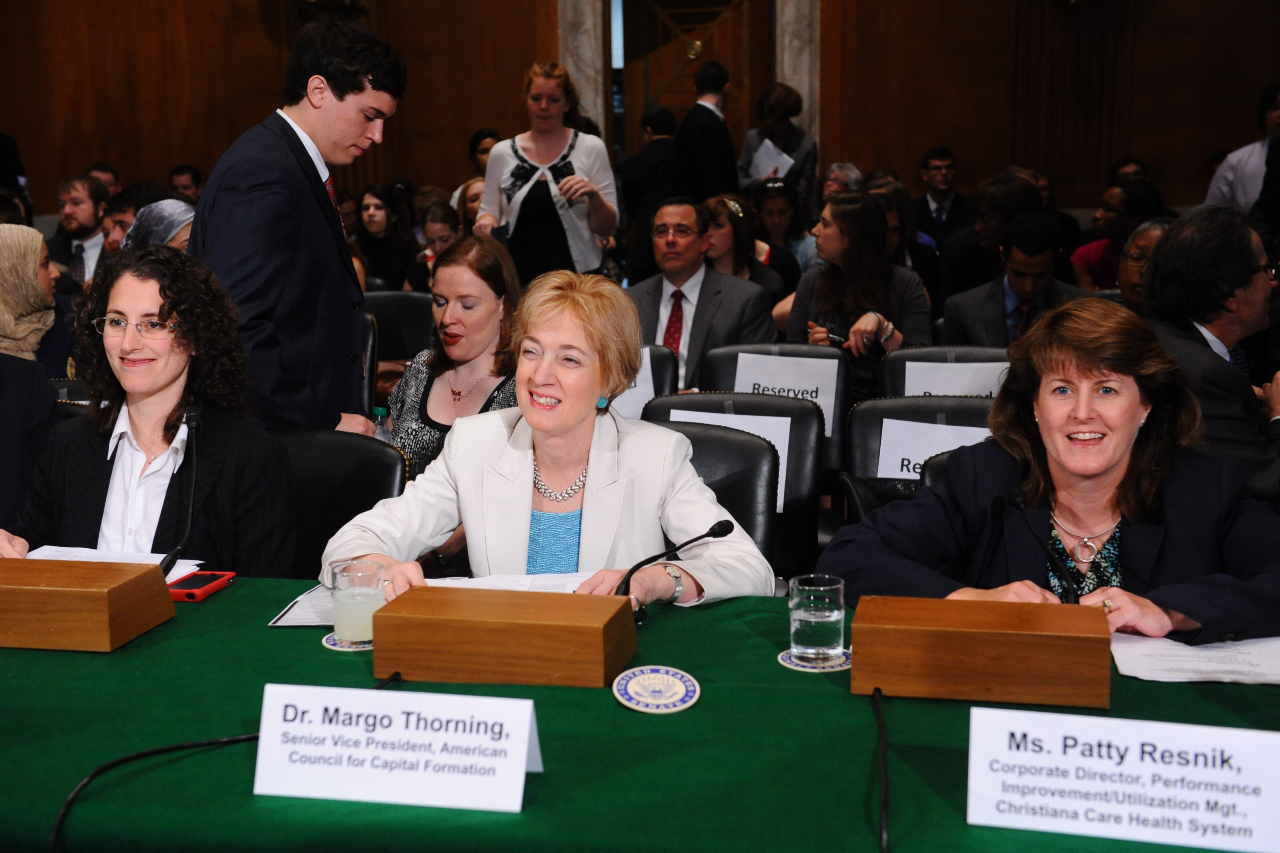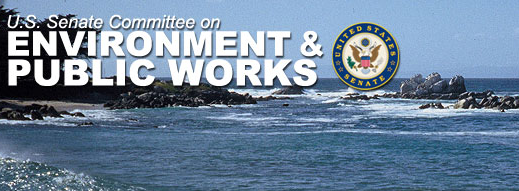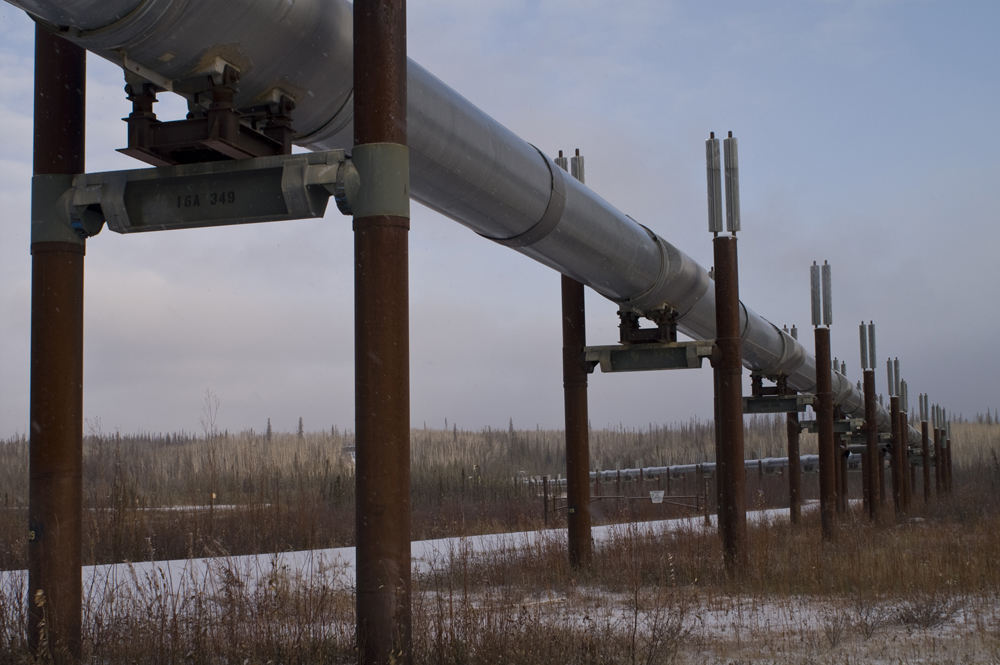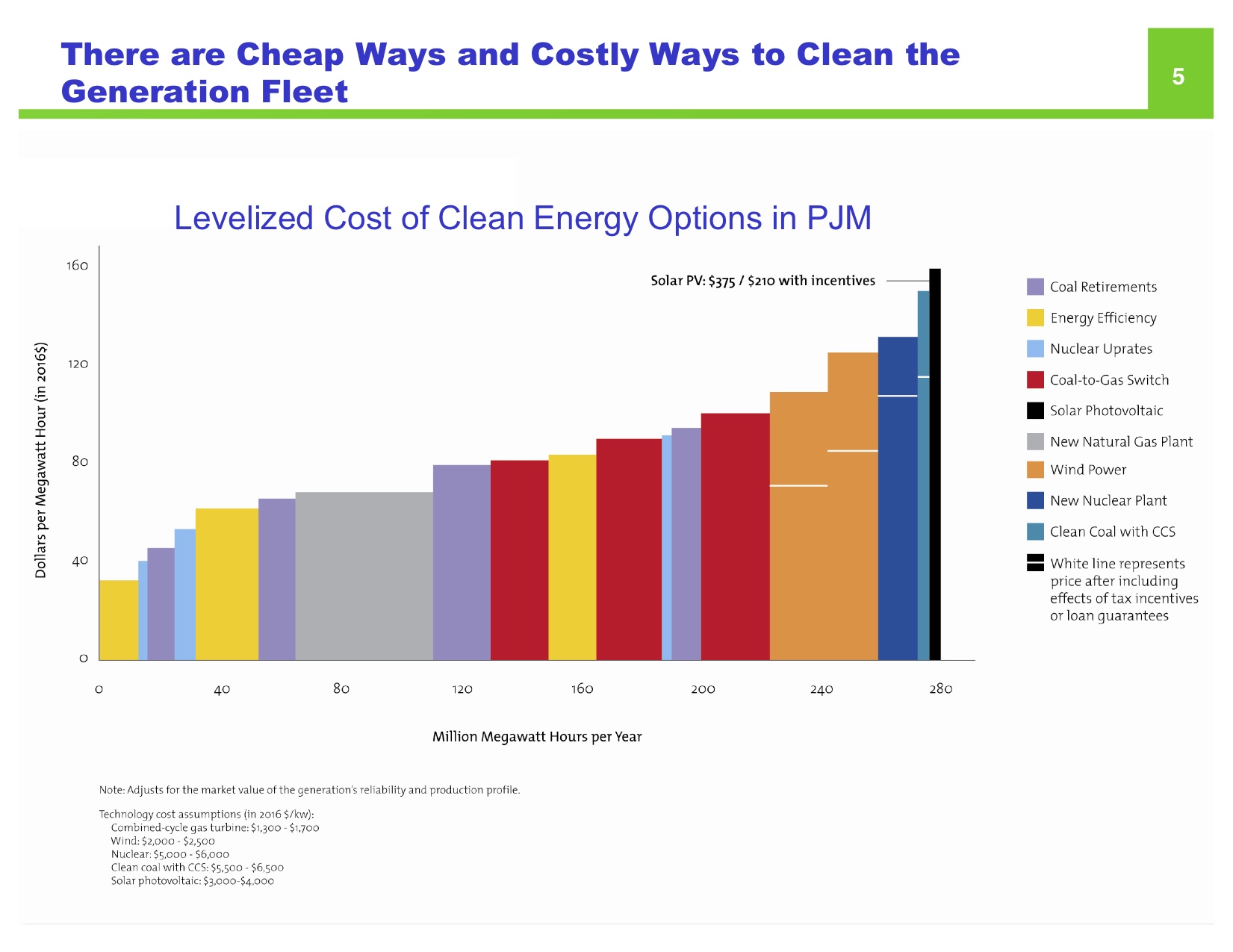High Price Tag of Clean Air Act Amendments
EPA Administrator Lisa Jackson testified before Senate EPW today and continues to cite specious economic benefits of the Clean Air Act Amendments of 1990. Yet, the EPA’s own economic modeling shows substantial losses of GDP, as I presented in my own testimony last week. Click to enlarge.
Testifying before Senate EPW subcommittees

Today I participated as witness at a hearing on the impact of the Clean Air Act Amendments of 1990 (CAAA) before the Senate Subcommittee on Clean Energy and Nuclear Safety and Subcommittee on Children’s Health and Environmental Responsibility. Given the continued weakness of the U.S. economy, stubbornly high unemployment rate and sluggish investment spending, I urged lawmakers to closely examine the economic and health benefits from regulatory policies like the CAAA and determine if the cost benefits are based on sound economic modeling. More specifically I zeroed in on the EPA’s much touted claim that CAAA provides $2 trillion in economic value and noted that the figure was not based on sound economic modeling and stands in stark contrast to EPA’s own economic simulations which show substantial losses of GDP under CAAA regulations as demonstrated here: You can read the press release from today’s hearing here. And read my full testimony here. You can also watch today’s hearing here:
My testimony tomorrow before Senate EPW subcommittees

Tomorrow I will be a witness at a hearing on the Clean Air Act Amendments of 1990 before the Senate Subcommittee on Clean Energy and Nuclear Safety and Subcommittee on Children’s Health and Environmental Responsibility. I will be testifying on how the CAAA has stalled U.S. Economic Growth and how EPA’s purported economic benefits are not based on sound economic modeling. Highlights from the hearing and my full testimony will be posted here later in the day so please check back!
Must See TV: Dallas Federal Reserve President is Right!
Pipeline to Jobs, Growth & Independence

My response to this week’s question on National Journal’s Energy and Environment Experts on whether or not President Obama should green-light a controversial pipeline that would send a half-million barrels of Canadian oil to the United States. There is no question that if Americans want to see relief from high prices at the pump, we need to expand our domestic supply. Once referring to oil as “yesterday’s energy,” it’s encouraging to see the President now promote things like domestic oil exploration by expanding access to offshore and onshore reserves. Extension of the Keystone pipeline will also be a useful step to help the administration meet its one-third reduction of imported oil goal and also promote much needed job growth here at home. As API’s Jack Gerard notes, Canada’s oil reserves are second only to Saudia Arabia and could provide the U.S. with a robust 830,000 barrels of oil a day in the future. Increased supply, reduced dependence on foreign oil and job growth are factors that are difficult to ignore and should be guiding the administration’s evaluation process.








